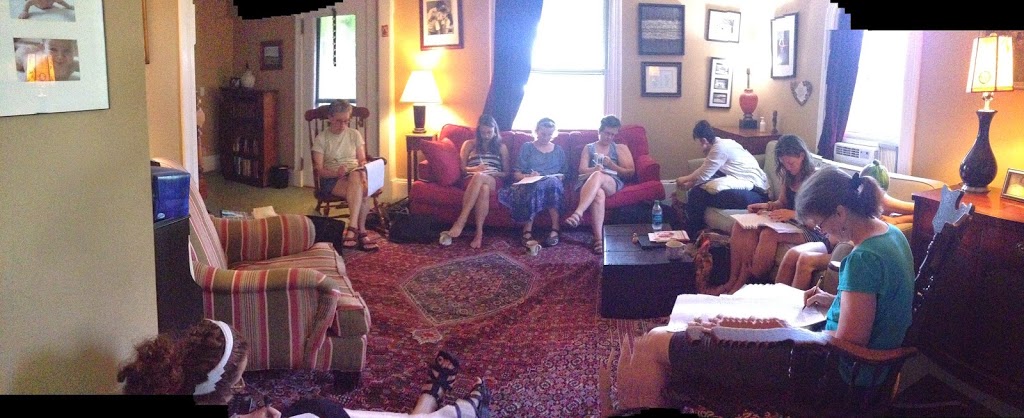What Nerissa “Read” in 2015–Mini Book Reports
(Tiny, mostly useless and underwhelming, subjective thoughts based on listening to these books on Audible.) Note: I could not call myself a reader if it weren’t for Audible. I hate…

People want to like you. They want to like your band. They want to like your novel.
When I am listening to the radio, I am not in critic mode. I am in consumer mode. I am looking for the next artist to fall in love with. I am listening for a song I might want to download onto my iPhone.
When I walk into Broadside Bookstore, I am looking for my next great read. I want to find it. When I pick up a novel and read the first paragraph, I am not hoping it will disappoint me. I want to be captivated. I want to take the book home with me and make it keep me from going to bed on time. I want to be caught.
I want to like it, in the same way when I walk into a clothing shop I am looking for what might work, rather than what won’t work. I am hopeful. I want to leave the store with something in my hand.
I say all this because too many of the writers I know (myself included) go at their writing with the idea that the whole world is holding its proverbial breath, just waiting to pounce on your questionable plot, your clunky dialogue, your too-long beginning, your two-dimensional side character. We songwriters think everyone’s going to notice that the tenses changed in the third verse, and so dismiss the song outright.
Wrong.
There are people out there who will love your book. There are people out there who will love your song. They have been waiting for it. When they see it, or hear it, they will come to full attention and dive in. They are your fan tribe, and they want to like what you have written. They are looking for what’s good in your work. They want to take you home with them. They are waiting for the next thing you might have to say.
Here at Big Yellow (the name my retreatants have given my house, where I hold Writing it Up in the Garden workshops and retreats), we train participants to listen like fans, not critics, because it’s ultimately the fans that count—not the critics. Critics don’t buy books. They get given books. It’s their job to point out what doesn’t work. Editors don’t buy books. They get paid to see what doesn’t work and make your book better. They have their place, don’t get me wrong. But they are not your fans, and they are (therefore) not your employer. Your employer is the one who pays you. That would be your fans.
So when listening to a writer’s new work, I ask my retreatants and workshop participants to listen like a fan. What works? What phrase are you going to take away with you? What part do you want to hear again? What intrigues you? The amazing thing about this process is that when we listen for what works instead of for what doesn’t work, we not only seem to fall in love a bit more with the other writer, but more importantly, we gain trust in our own ability. When we sit in a room full of enthusiasm, we see (eventually) that folks might just find something to love in our own work. And that maybe it’s selfish, and even a little mean, not to share that song, that poem, that book, with those fans out there.
You will find each other. But only if you keep writing and putting it out there.